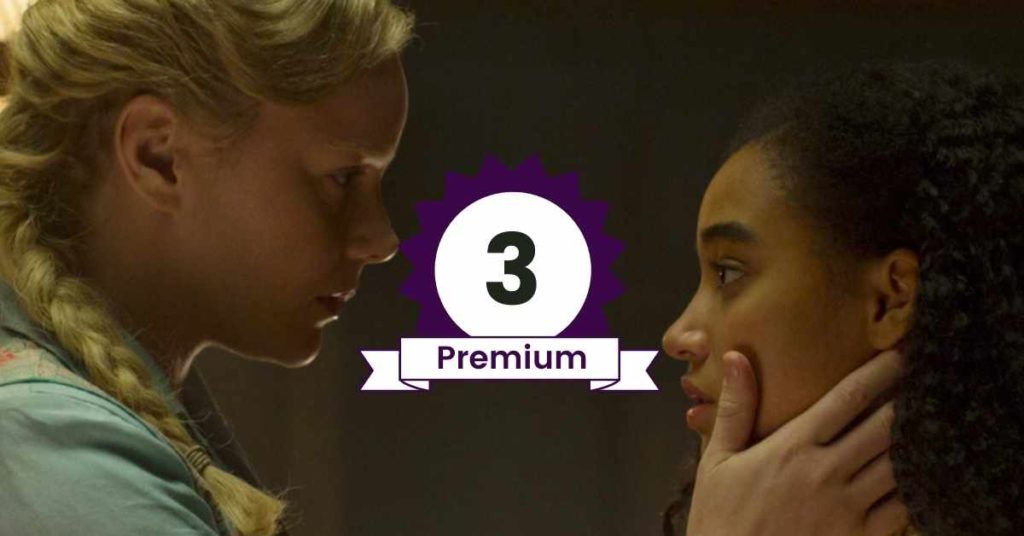In the third episode of our film podcast, we talk about Amma Asante’s Where Hands Touch, a flawed but often intelligent film worthy of a closer look.
This episode is a Seventh Row members exclusive, as are all episodes older than six months. Click here to become a member.

Episode 3: Where Hands Touch
In the third episode of our film podcast, we tackle a complex, imperfect film nevertheless worth talking about. Amma Asante’s Where Hands Touch is flawed, but rich and often intelligent, deserving of a closer look than other outlets have given it.
The film follows Leyna (Amandla Stenberg), a mixed-race girl in Nazi Germany, who falls in love with Lutz (George MacKay), a member of the Hitler youth. Where Hands Touch is based on a real but largely forgotten part of history: the so-called “Rhineland bastards,” children of Aryan mothers and African soldiers. This premise naturally generated controversy, and in this episode, Editor-in-Chief Alex Heeney, Associate Editor Orla Smith, and Contributing Editor Brett Pardy come to grips with the film’s complexities.
This was a passion project of Amma Asante since the very beginning of her career: it was supposed to be her second film after her debut A Way of Life, but “I had to find a way to prove that this project was something I could do,” as she explained in our interview. Belle — her actual follow-up to A Way of Life and the film which made her a recognisable name in the film industry — as well as her third film, A United Kingdom, came to her because of her script for Where Hands Touch. These two films were Asante’s chances to show to the industry that she had what it takes to direct Where Hands Touch; as she explained, “It suddenly dawned on me that if I could prove I could do Belle, I might actually be able to get financing back for Where Hands Touch.”
To get the most out of this episode, we recommend listeners watch the film and/or read our interview with Asante before listening.
This episode was edited by Edward von Aderkas.
Never miss another episode. Subscribe to the podcast now!
You can also subscribe on Stitcher, TuneIn, Google Podcasts, or Spotify.

